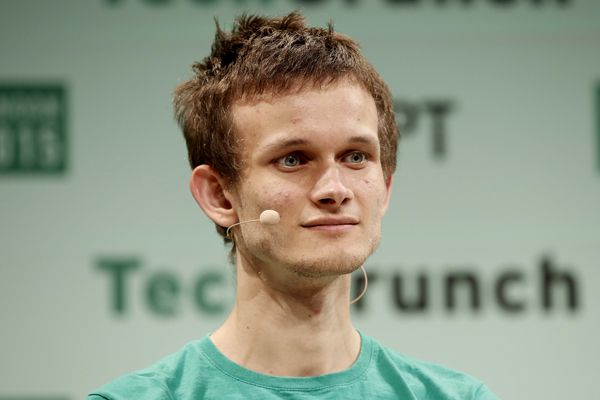Ethereum
Ether is the cryptocurrency for Ethereum, a decentralised platform that can execute peer-to-peer ‘smart contacts’. Ethereum Classic is a separate blockchain that came into existence from the DAO hard-fork, consolidating members of the Ethereum community who rejected this fork on philosophical grounds. People who hold Ether from before the hard fork have both balance of Ethereum (ETH) in addition to an equal amount of Ethereum Classic (ETC). Exchanges that held customer funds in Ethereum also held in their control a proportional quantity of ETC after the hard fork but may have lost significant amounts due to the lack of replay protection in the DAO Hard Fork and the exchanges' incompetence in preventing withdrawals of un-split ETH & ETC. Users at most ETH exchanges are demanded their ETC be made available to them. Created by Vitalik Buterin and launched in mid-2015 after a successful crowdsale, this platform was marketed as the “next generation cryptocurrency and decentralised application platform” and has a market cap of $1.1 billion. Smart contracts are applications with a state stored in the blockchain. They can facilitate, verify, or enforce the negotiation or performance of a contract. Ethereum contracts can be implemented in various Turing complete scripting languages. Peer-to-peer smart contracts are what Ethereum is known for, aside from the cryptocurrency. It enables people to code and enact contracts without third parties. The Ethereum Virtual Machine (EVM) is used to provide an environment for the code to run and works on protocols written in the language Solidity. The Ethereum platform has multiple proposed uses. The intended scope of applications include projects related to finance, the internet-of-things, farm-to-table produce, electricity sourcing and pricing, and sports betting. Decentralized autonomous organizations may enable a wide range of possible business models that were previously impossible or too costly to run.
